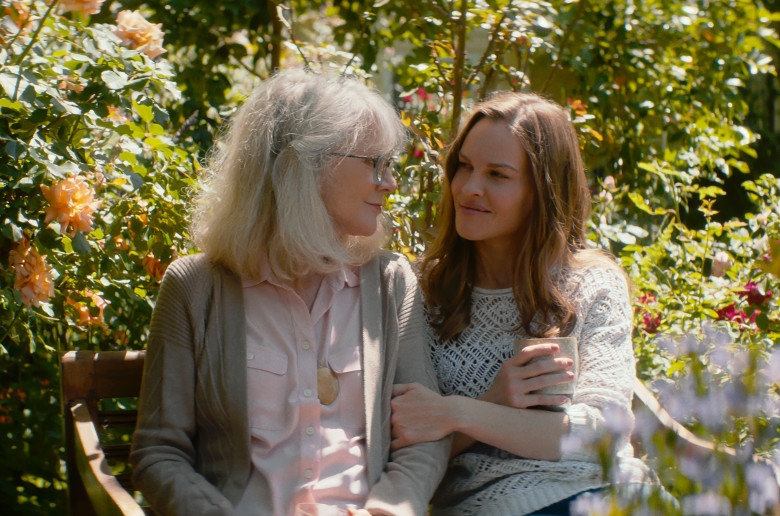
A family is about a multitude of things. The elephant in the room notwithstanding, its members seldom cease to express their grudges, biases, fits, and convictions as and when there is a chance. In debutante Elizabeth Chomko’s family drama film What They Had, the agony is caused by a tragic medical condition – dementia. Now, this is a concept that has been milked world over in cinema – the good, the bad, and the ugly. One instantly wonders if Chomko has her balancing game on point.
With his wife Ruth (Blythe Danner) affected by a visibly severe case of memory loss, ex-military personnel Norbert’s (Robert Forster) ferocious state of denial can move mountains. He is so used to the idea of having Ruth around that he rejects his children’s idea of a fanciful nursing home named ‘Reminisce Neighbourhood. He also refuses to acknowledge the young doctor who examines Ruth for possible sexual assault after she erratically disappears from home in a wintry December night. The situation brings home his daughter Bitty (Hilary Swank) and son Nicky (Michael Shannon), a bar owner – which not a commendable job for an army child, as reminded by his father. Also joining in is Bitty’s embittered daughter Emma (Taissa Farmiga) whose irritability is among the film’s few noticeable misgivings.
ALSO READ: ‘It’s Only The End of The World’ review – a flawed yet deeply involving family drama
Performed phenomenally by the ensemble cast, Chomko’s family in What They Had is only mildly dysfunctional. While there are interpersonal rows and the protagonists’ internal turmoil (read Nick’s commitment phobia and Bitty’s domestic tedium), the family – at large – is a supportive unit. They are devout, conformist, and, therefore, uninteresting. The mother’s medical condition seeks a radical solution and the film, somewhat predictably, chooses to culminate it in a tame, convenient fashion. Yet, what makes What They Had stand out from films of similar ilk is its understated integration of humour and a handful of profound observations. The characters are finely graphed and they barely fluctuate from their dominant and secondary traits. We absolutely empathize when the father confronts his daughter with a line that goes, “There is no reason to be unhappy in a perfectly good marriage.” He is easily mirroring his conviction, his state of denial towards Ruth’s deadly illness.
Such telling moments aside, What They Had also houses tiny bits of melodrama. Be it the locket that Norbert gifts Ruth or her pre-climactic admission to Bitty on how the time was just right for what had happened, the soppiness, at times, threatens to divulge the film’s natural dramatic possibilities. While this is not necessarily a bad storytelling technique, I would rather have had Chomko retaining her faintly detached tone which bore a finer air of confidence earlier in the film. Having said that, the finale is one that could make anyone sob a little within.
At the end of it, all we are left deliberating is how ill-equipped the screenplay is to explore Bitty’s dynamics with her teenage daughter. Their subplot is not fully insignificant and it is irksome to see it not getting the kind of closure it deserved. Bitty’s less expository equation with her husband gets a better deal, despite their infrequent exchanges. Strictly in this respect, I guess we can excuse first-timer Chomko for a fact that she tosses a weighty subject with a veteran’s ease in this upsetting family feature that’s also humorous in an everyday kind of way.
Rating: ★★★ 1/2


This movie is very emotional. I kinda cried, laughed and got angry at that son. Seriously loved Hilary Swank’s performance.